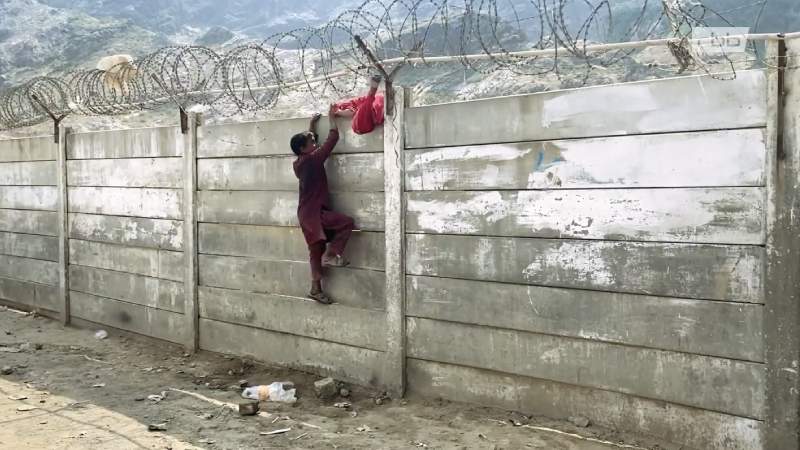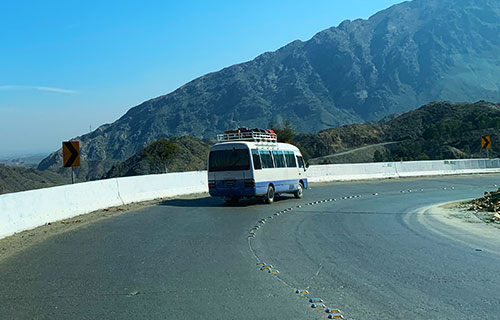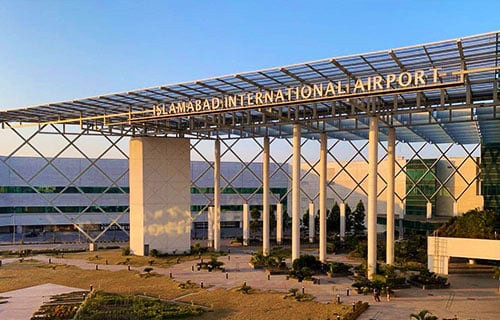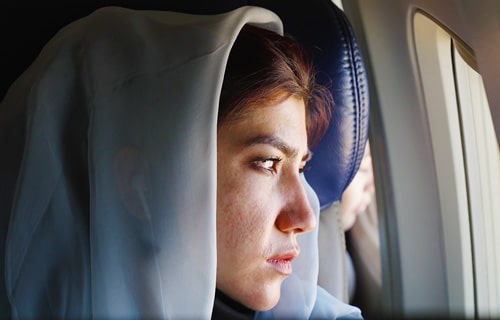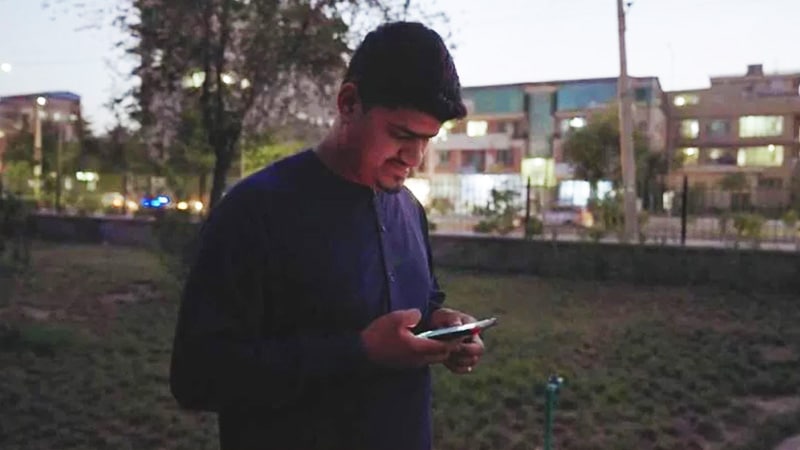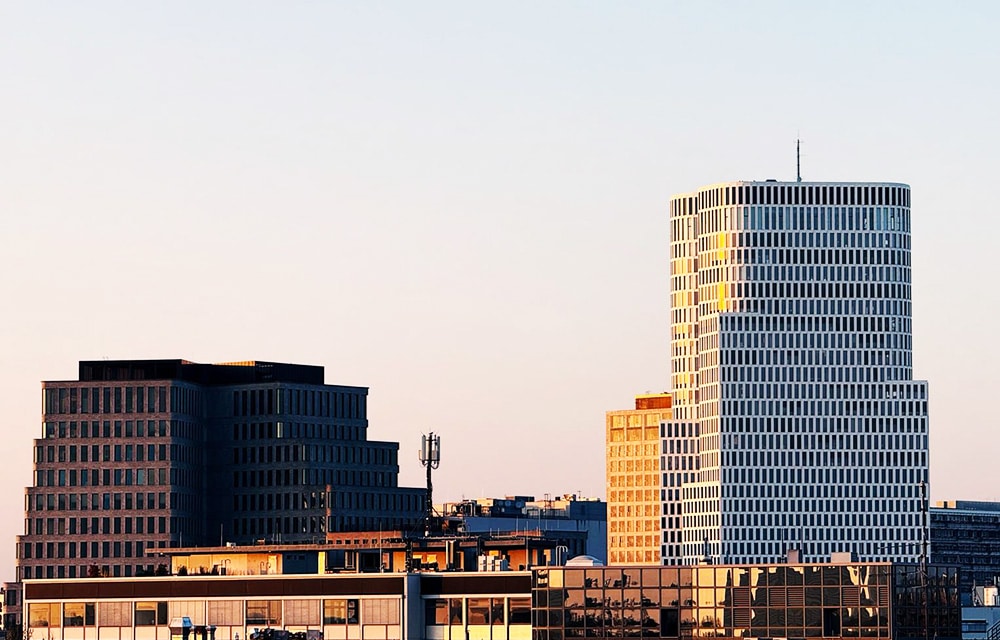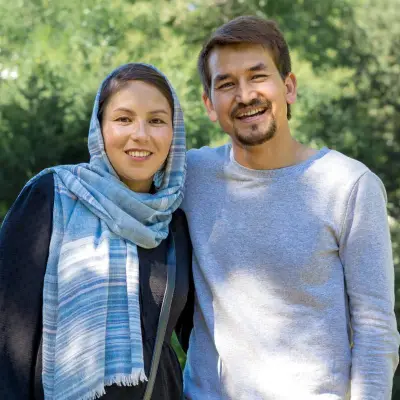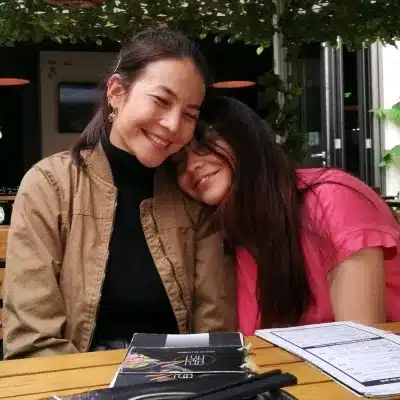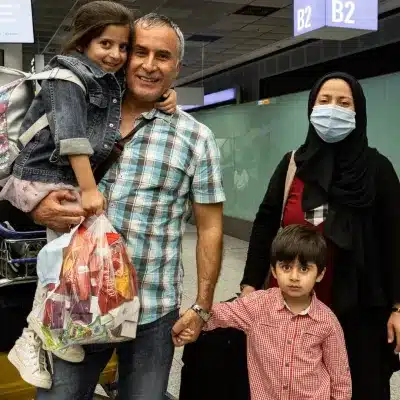Primarily, this is the responsibility of the German government. At the moment, we can only evacuate a limited number of people who have a written admission approval from the German government, are German citizens, or hold a valid German residence permit. Unfortunately, obtaining such approval on short notice is currently very difficult, as there is a lack of political will within the government. We advocate politically for more people to receive admission approvals, but we are not able to secure them ourselves in individual cases.
Even if we are currently unable to evacuate you or those you support, please feel free to share your case with us via email at cases@kabulluftbruecke.de. We will inform and advise you as best we can within our capabilities. However, please note:
– We may not be able to respond to all inquiries promptly,
– We do not decide who receives admission approvals, and
– We have no influence over official decisions made by authorities.
We kindly ask that you refrain from sending repeated or one-sided follow-up inquiries, as these only delay our work and do not speed up the process.



